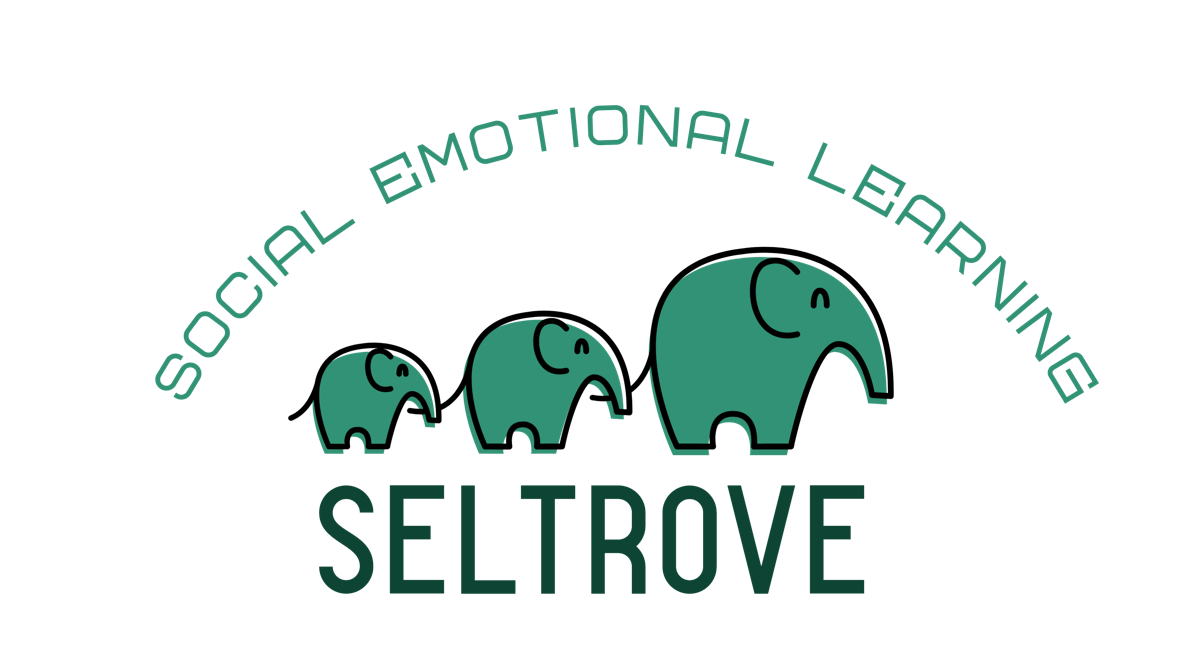The effects of ACEs in the classroom vary as much as the circumstances that lead to the adversity in the first place, but there are a few key things that teachers can take into consideration as they design their classroom and experience with an understanding that some of their students may be in a survival mode that makes learning difficult.
It is important for teachers to know that ACEs are incredibly common and they lead to a heightened stress response which provides a variety of barriers to learning. A student stuck in a fight or flight response can appear clingy or avoidant, they could have physical symptoms like a stomach ache, and/or they can become withdrawn or aggressive. I know that I just described a broad spectrum of seemingly unrelated behaviors, but it is important for educators to know that trauma responses can look different based on the experience and the individual.
Since many students will have at least one adverse experience and most will not be apparent to the classroom teacher, ACE-aware, trauma-sensitive classrooms benefit all students.
Some best practices for supporting students who are impacted by adverse experiences include,
- Provide lots of structure and consistency to make things as predictable as possible
- Have clear expectations, agreements and consequences
- FOSTER CONNECTION, BELONGING, AND SAFETY
- Opportunities for activities that can regulate the stress response.mindfulness, physical activity, music, and play.
You can learn more about trauma-informed teaching in the Seltrove Well-being teacher workshops.
More Teacher Tools
To learn more about trauma-informed teaching, subscribe to the SEL Well-Being Workshop Toolkit. Find out more about this toolkit here.
Write your awesome label here.
More SEL Teacher Workshops
Equity Workshops
Focus on creating an equitable learning environment for all your students, and using SEL-aligned tools to teach social awareness to students.
Identity Workshops
Explore ways to support your students as they navigate and claim their identity, manage their emotions, and develop a growth mindset & resilience.
Foundations Workshops
Learn the foundations of SEL and explore teacher self-care and student behavior.
Workshops Community
Explore ways to teach students how to establish, maintain, and restore relationships with this Community Workshop Bundle.
Student SEL
Classroom-Ready Curriculum
Find no-teacher-prep SEL curriculum for your Kindergarten through 12th grade students with the Seltrove student planners! Learn more about our planners here.
Write your awesome label here.
